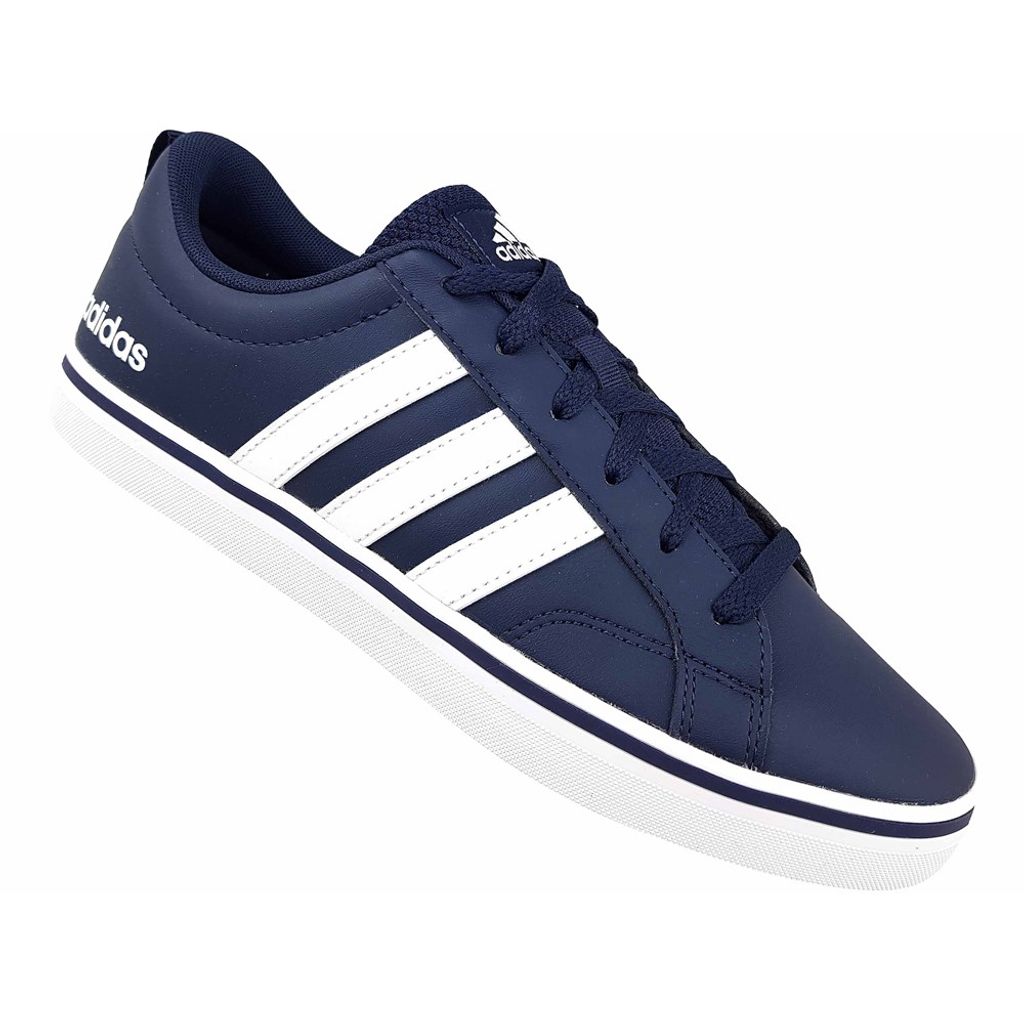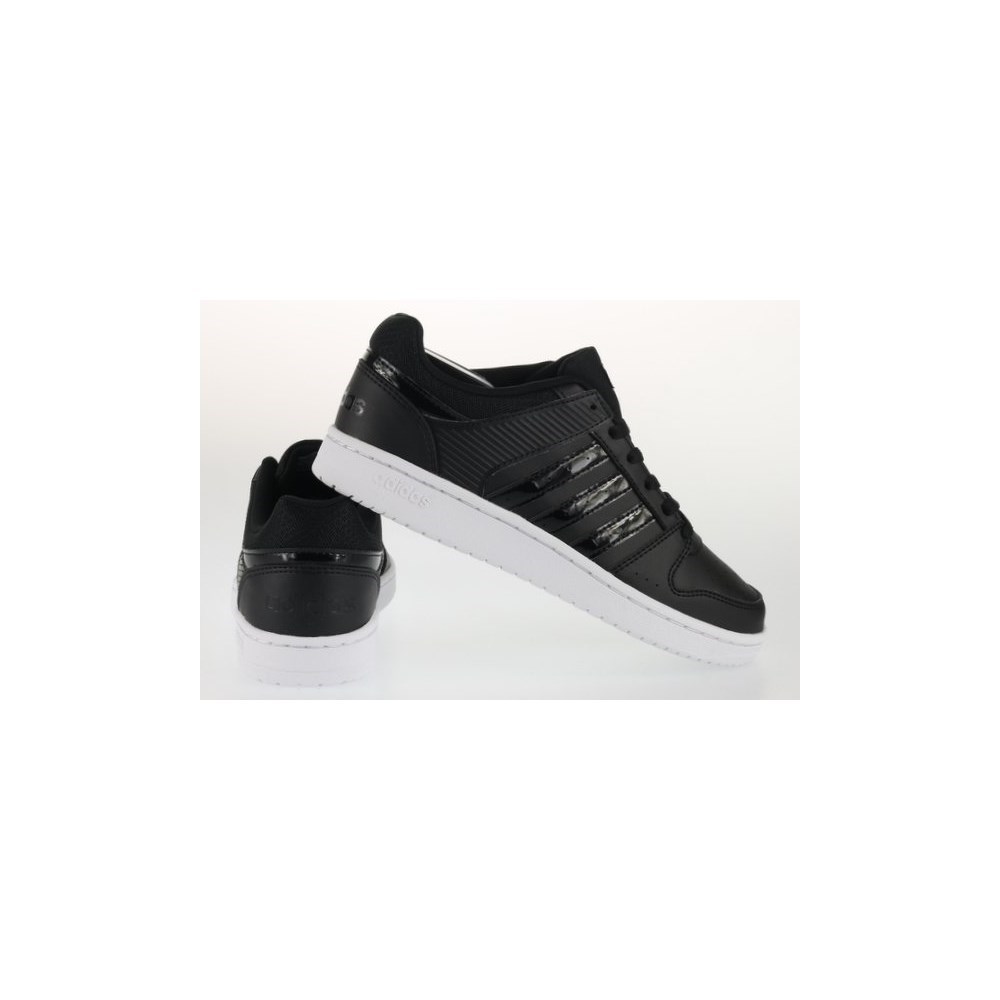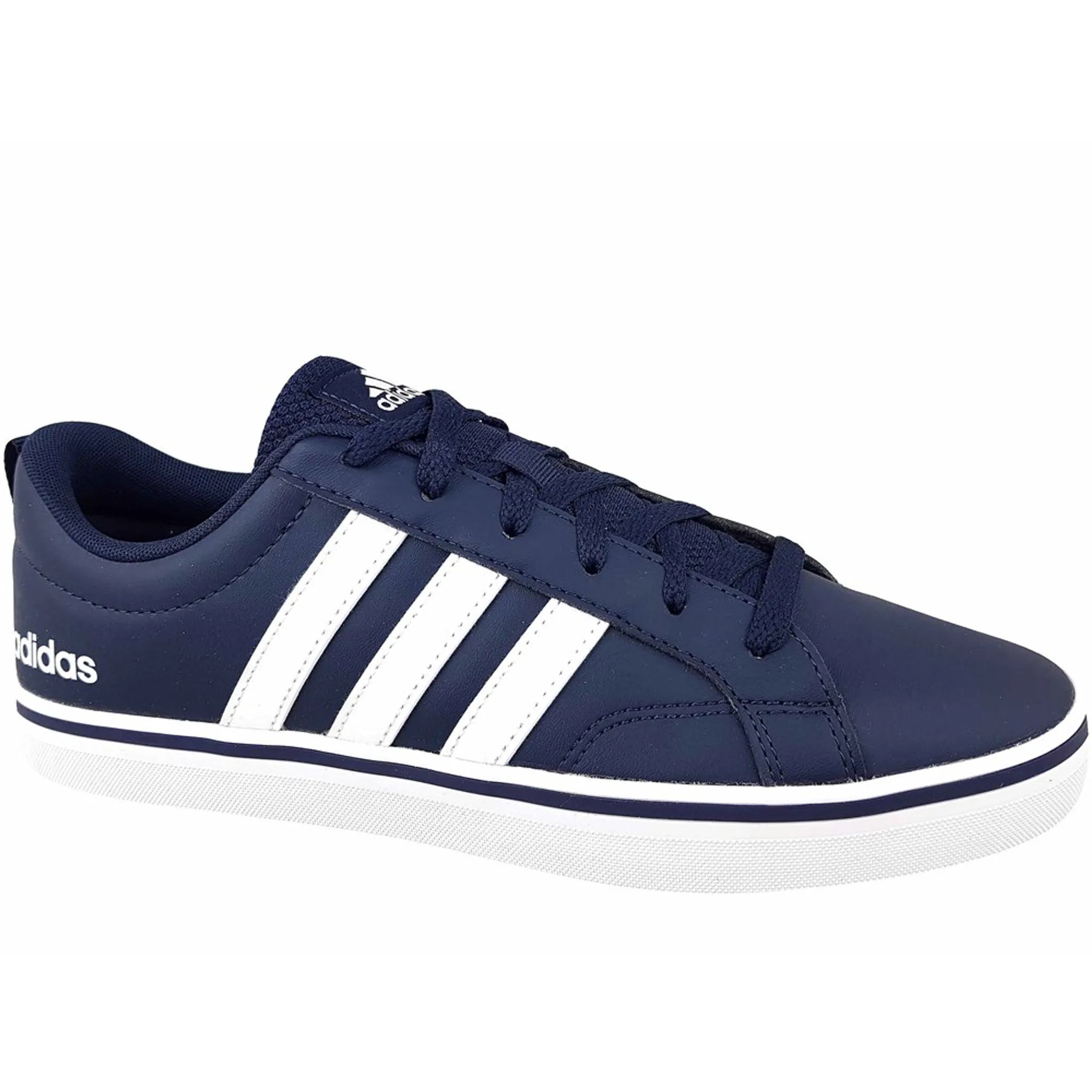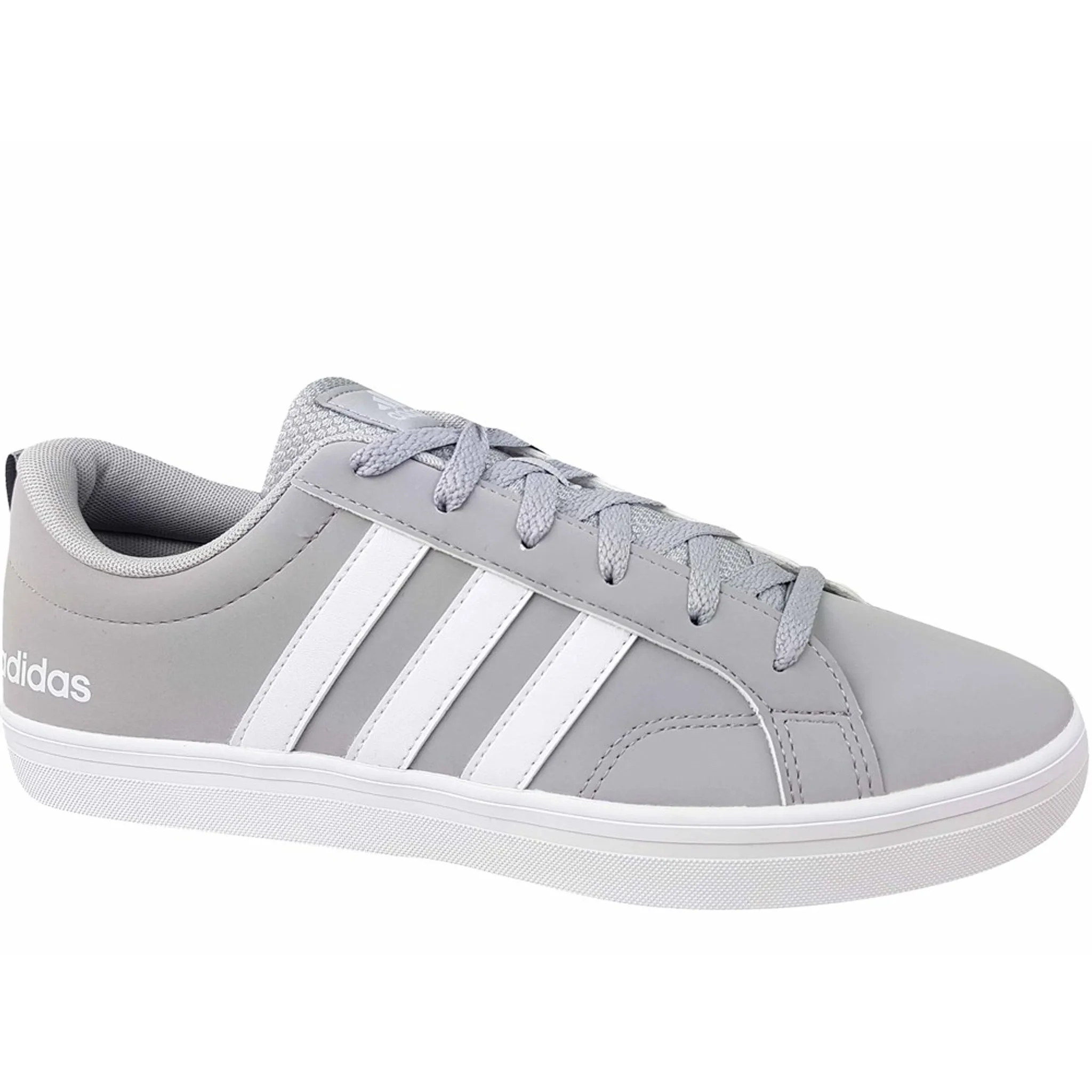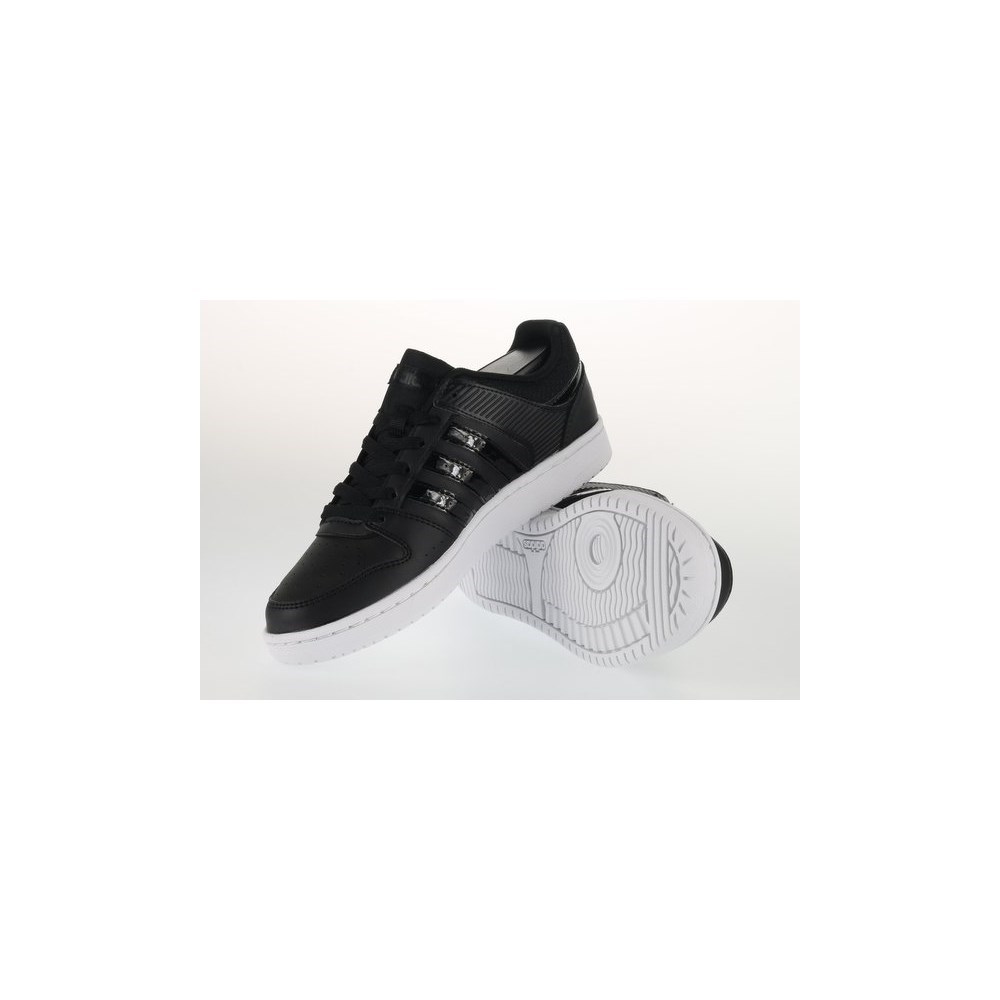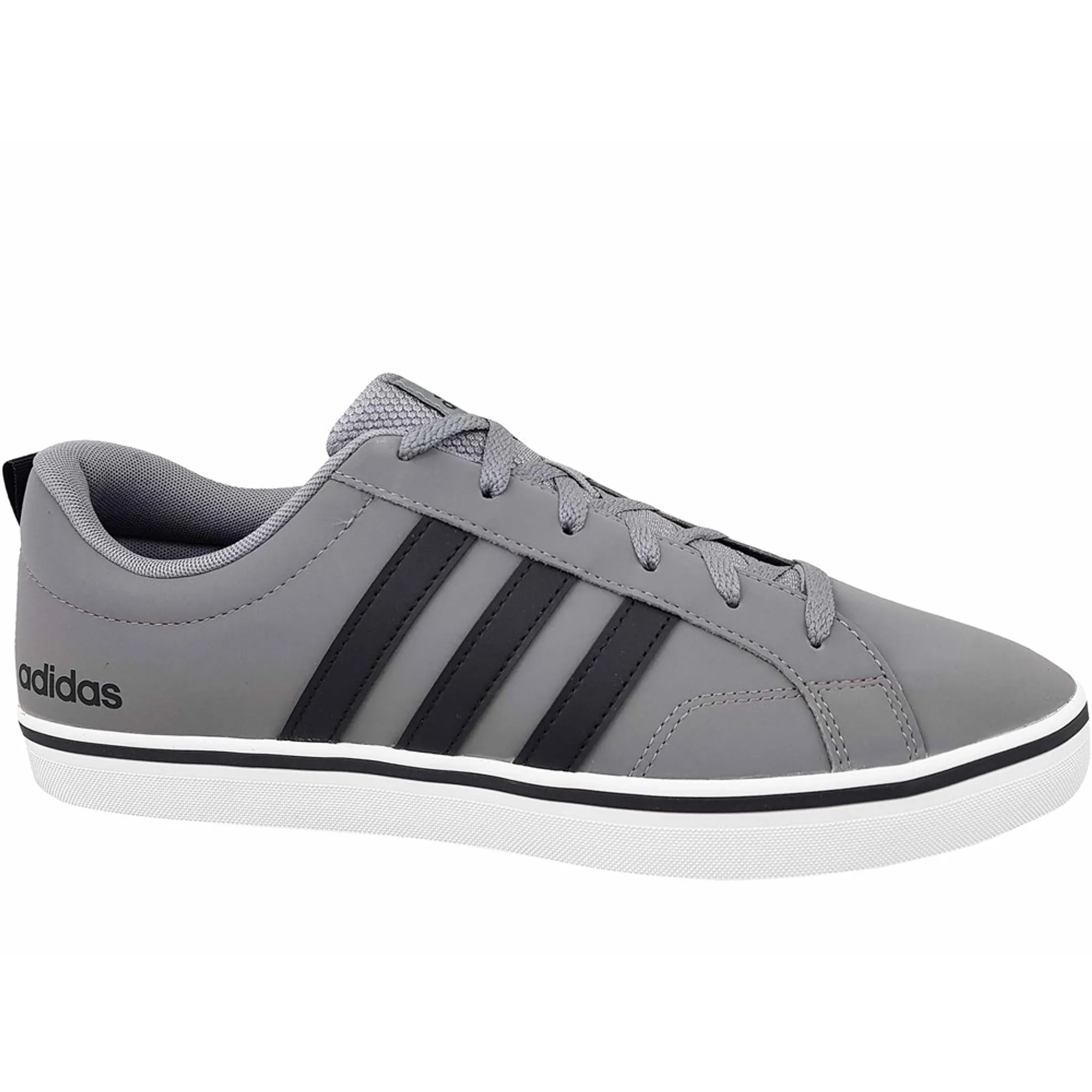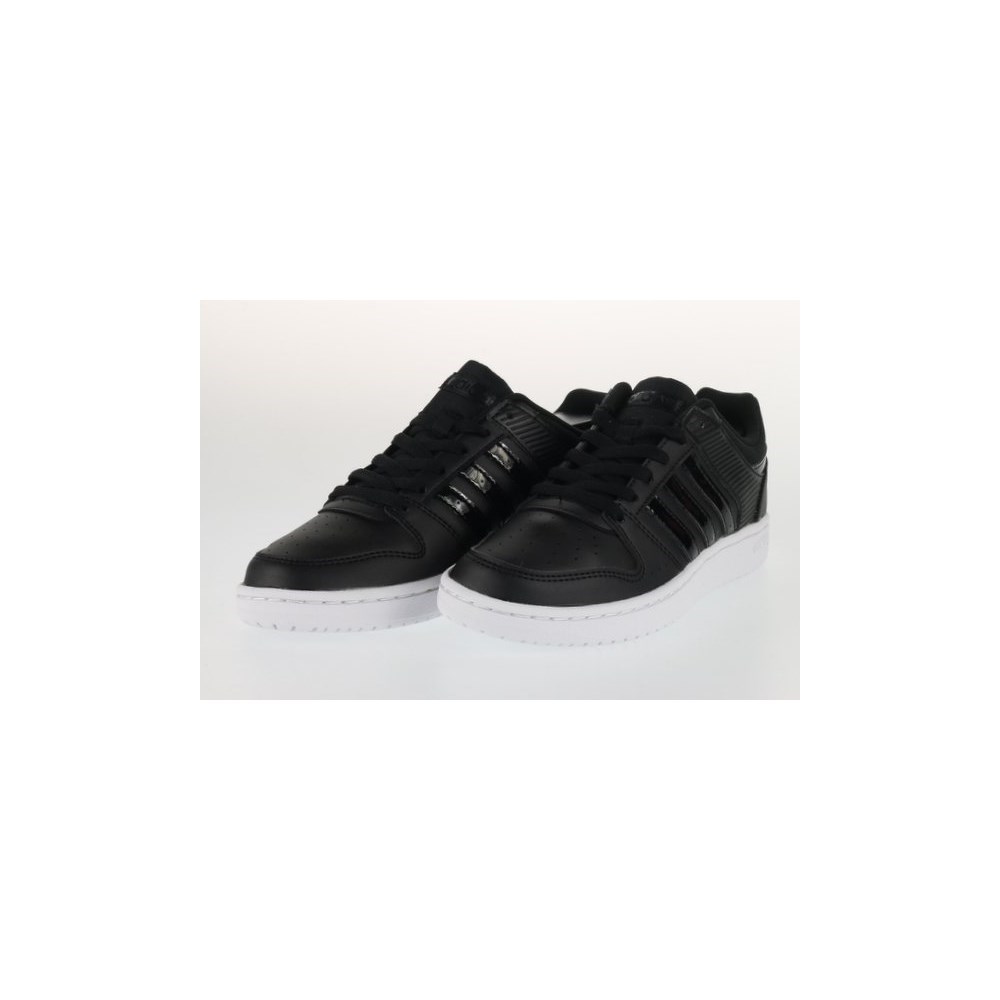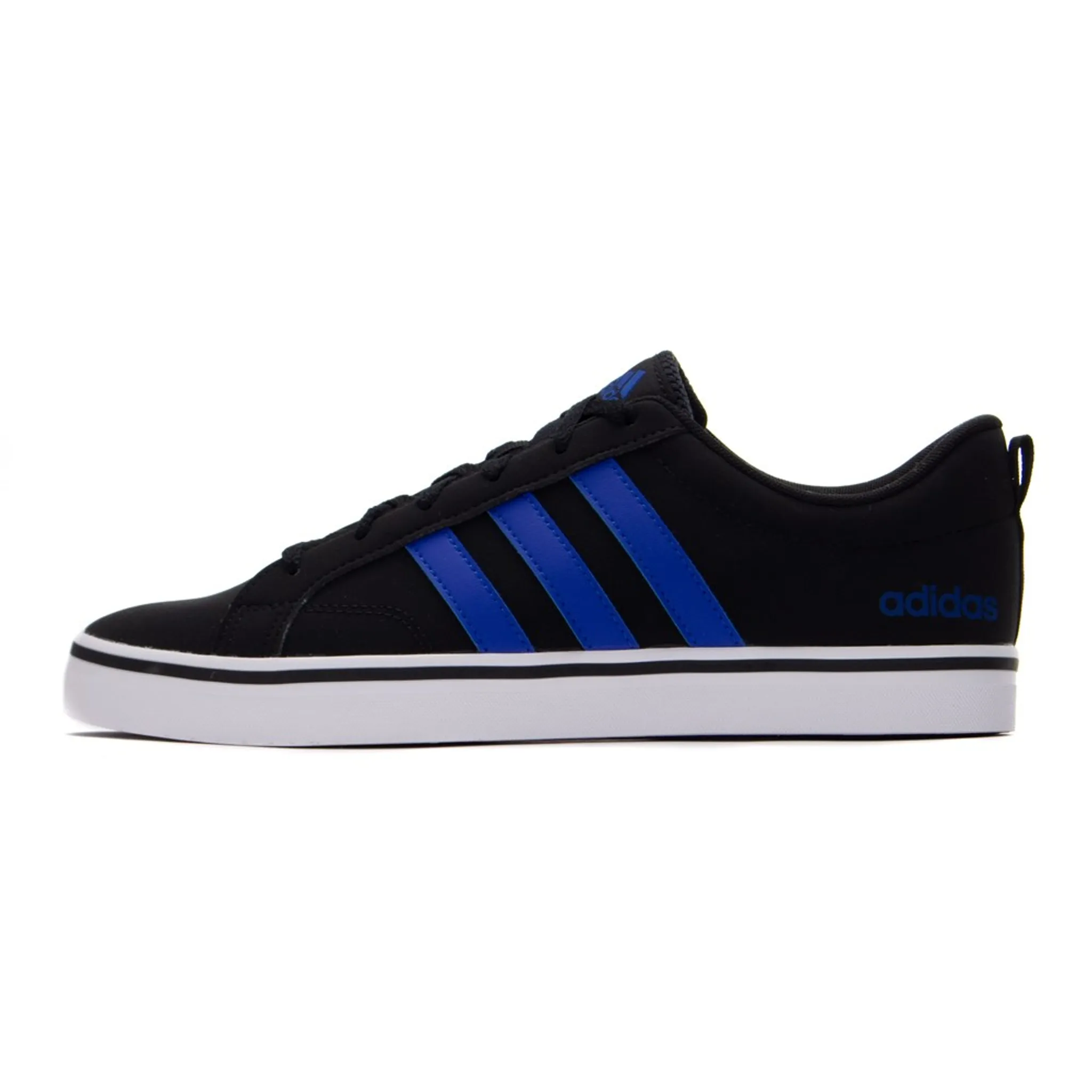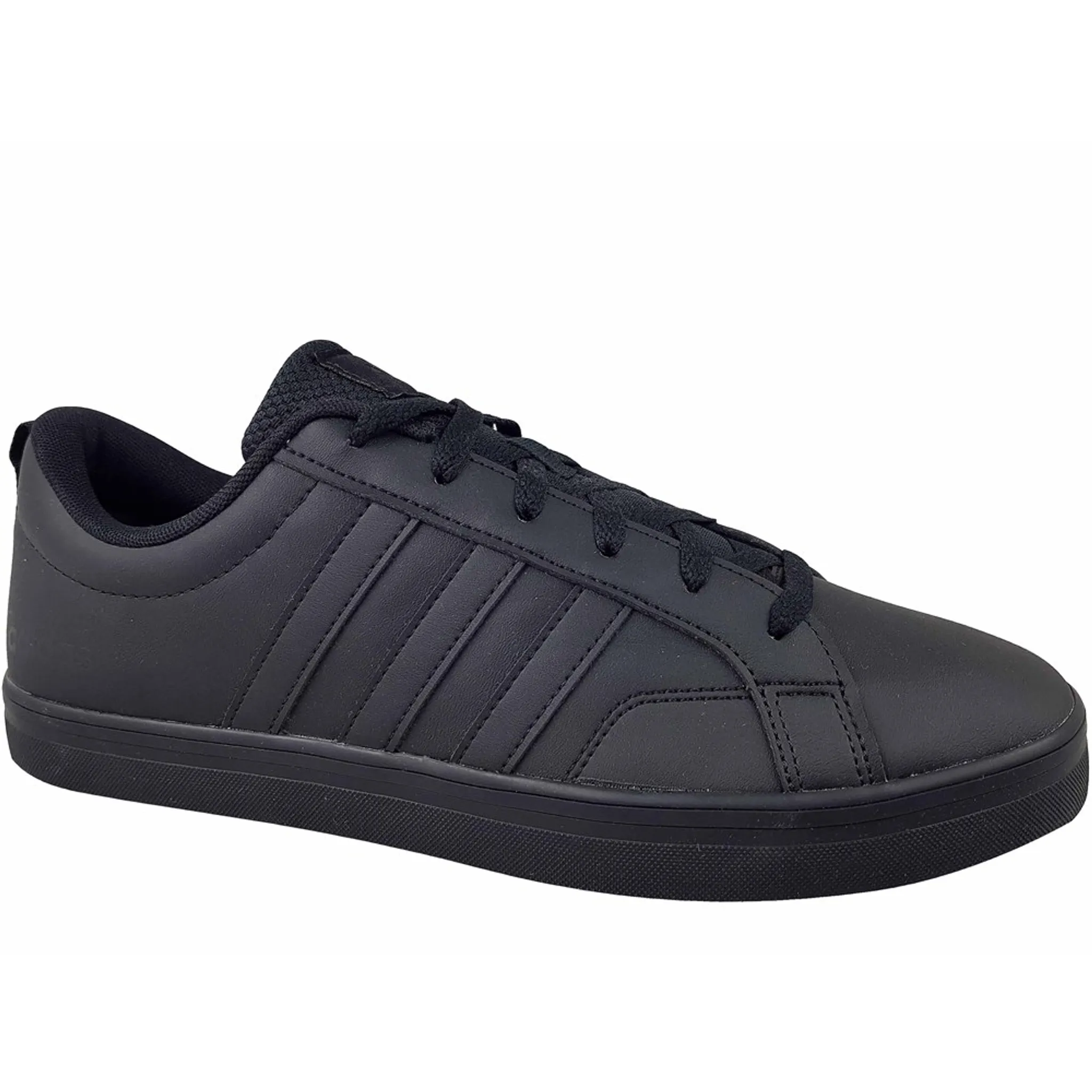
Adidas VS Hoopster W, B74439 Gr.38 in Niedersachsen - Göttingen | eBay Kleinanzeigen ist jetzt Kleinanzeigen

Adidas VS Hoopster W, B74439 Gr.38 in Niedersachsen - Göttingen | eBay Kleinanzeigen ist jetzt Kleinanzeigen

Adidas VS Hoopster W, B74439 Gr.38 in Niedersachsen - Göttingen | eBay Kleinanzeigen ist jetzt Kleinanzeigen

Adidas VS Hoopster damen Gr. 7 1/2 weiß in Buchholz-Kleefeld - Hannover Groß Buchholz | eBay Kleinanzeigen ist jetzt Kleinanzeigen


